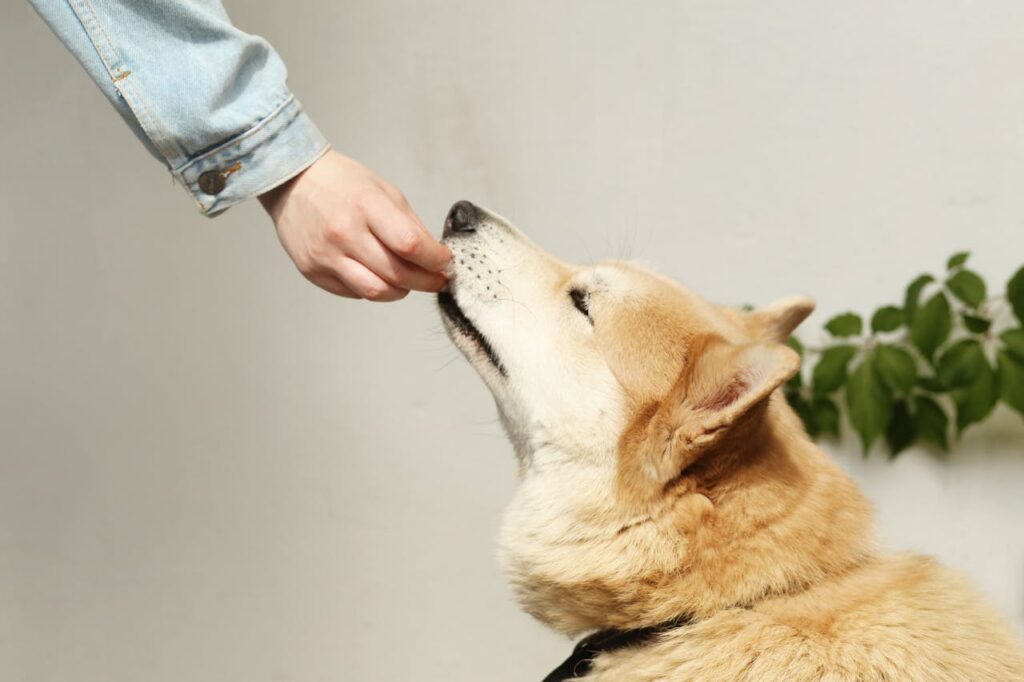Pet nutrition is one of the most debated topics among pet owners today. With so many online opinions, homemade diet trends, and “grain-free” marketing labels, it’s easy to get confused about what’s truly best for your furry friend. The truth is, not everything you read or hear about pet food is accurate—or safe. At Atlas Animal Hospital, we often help pet parents separate fact from fiction to make sure their dogs and cats get the balanced nutrition they need for long, healthy lives.
The Rise Of Pet Food Myths
Over the years, the pet food industry has evolved, but so has misinformation. Well-meaning owners often turn to the internet or social media for guidance, only to find conflicting advice. The most common myths stem from human health trends—like “grain-free,” “raw,” or “organic-only” diets—being applied to pets without considering their unique biology.
Let’s clear up some of the most common nutrition myths and look at what’s actually healthy for dogs and cats.
Myth 1: Grain-Free Diets Are Healthier
Many pet owners believe that grains cause allergies or digestive issues, but for most dogs and cats, that’s not true. In fact, only a small percentage of pets have true grain allergies. Grains like rice, oats, and barley can provide valuable nutrients, including fiber, vitamins, and energy.
Recent studies have even linked certain grain-free diets—especially those containing peas, lentils, or potatoes—to heart disease (dilated cardiomyopathy) in dogs. Unless your veterinarian recommends a grain-free diet for a specific medical reason, a balanced diet with healthy grains is perfectly safe.
Myth 2: Raw Food Is More “Natural” And Better For Pets
Raw food diets have gained popularity under the assumption that they mimic a wild animal’s diet. While it sounds appealing, the risks often outweigh the benefits. Raw meat can contain harmful bacteria like Salmonella or E. coli, which can make both pets and humans sick.
Cooking food properly not only kills pathogens but also makes certain nutrients easier to digest. Commercial pet foods formulated by reputable brands undergo strict testing to ensure nutritional balance—something that’s hard to achieve with home-prepared raw diets.
If you’re interested in a raw or fresh diet, consult your vet first. At Atlas Animal Hospital, we help pet owners choose safe, balanced alternatives that support digestive health without compromising safety.
Myth 3: Homemade Diets Are Automatically Healthier
Homemade meals can seem like a wholesome option, but they often lack essential nutrients. Dogs and cats require very specific levels of vitamins, minerals, and amino acids that are difficult to balance without veterinary guidance. Over time, even small imbalances can lead to serious health issues such as bone deformities, heart disease, or organ problems.
If you prefer preparing your pet’s food at home, always do it under the supervision of a veterinarian or a certified pet nutritionist who can help formulate a diet plan that meets your pet’s needs.
Myth 4: Cats And Dogs Can Eat The Same Food
Despite what some pet owners believe, cats and dogs have very different nutritional requirements. Cats are obligate carnivores, meaning they need high levels of animal protein and nutrients like taurine, which dogs can synthesize on their own. Feeding a cat dog food regularly can lead to taurine deficiency, causing heart and vision problems.
Similarly, dog food isn’t designed to meet a cat’s strict protein and nutrient needs. Always choose a diet that’s species-appropriate and formulated for your pet’s age, size, and lifestyle.
Myth 5: Table Scraps Are Harmless
Many owners love sharing food with their pets, but human foods can cause more harm than good. Ingredients like onions, garlic, chocolate, grapes, and artificial sweeteners (xylitol) are toxic to pets. Even fatty foods like bacon or cheese can lead to pancreatitis or obesity.
If you want to treat your pet, stick to vet-approved snacks or specially formulated pet treats. Always consider portion control—too many extras can unbalance your pet’s diet and add unnecessary calories.
What’s Actually Healthy For Dogs And Cats
Healthy nutrition for pets comes down to balance, quality, and consistency. Look for pet foods that are:
- AAFCO-approved (meeting the nutritional standards of the Association of American Feed Control Officials)
- Appropriate for your pet’s life stage (puppy/kitten, adult, or senior)
- Tailored to your pet’s health condition (e.g., weight management, allergies, kidney care)
- Backed by veterinary guidance
Hydration is also crucial—especially for cats, who naturally drink less water. Wet food or a mix of dry and canned food can help maintain healthy hydration levels.
How Atlas Animal Hospital Can Help
Every pet’s nutritional needs are unique. Factors like age, breed, activity level, and existing health conditions all influence what’s best for them. At Atlas Animal Hospital, we provide personalized dietary consultations to help you choose the right food for your pet and debunk any nutrition myths you’ve encountered.
Whether your goal is weight management, allergy relief, or overall wellness, our veterinarians can guide you toward evidence-based, safe, and sustainable feeding plans that truly support your pet’s long-term health.
To schedule a nutrition consultation or wellness exam for your dog or cat, call us at (604) 301-0300.

